National rationing . General ration book, R.B.1 Dated 1940. |
First world war Ration Cards including a child's dated January 1918
, by May 1917 German U-boats had sunk 2 million tons of shipping causing serious shortages of wheat,
meat, tea and sugar, in October 1917 sugar ration cards were introduced and gradually from
January 1918 to July 1918 full rationing started. |
Second world war clothing Ration Cards. |
In WW11 every civilian had to carry a identity card at all times as
proof of identity and address. These had to be produced on demand to the police, members of the Armed
Forces on duty and national registration officers.
Each card had a personal number of six or seven digits Early in 1943 registration and rationing was
combined and, in May of that year, the opportunity was taken to issue a fresh set of identity cards
at the same time as the new ration books. Civilian members of the population over 16 received a blue
card to replace the previous buff card and under 16 year olds retained their existing buff card.
A new type of buff card, which expired on the holder's sixteenth birthday, was issued to children
under 16 on those occasions when a fresh card was necessary; on registration at birth; on registration
upon entering the country; to replace a lost or damaged card; or on change of name.
It was obligatory to carry them everywhere.
|
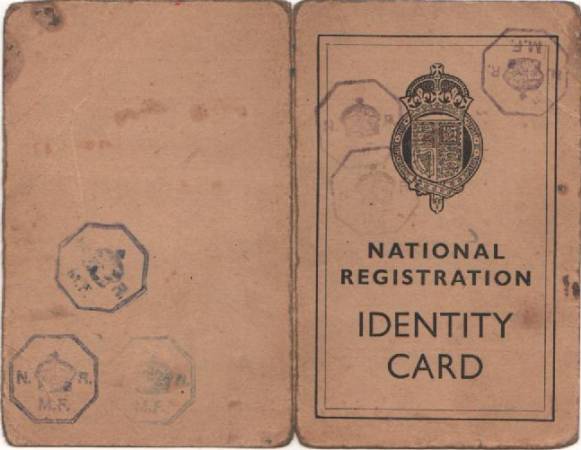 |
 |
Identification card holder with original card dated 1939. |
Ministry of food Rationing order 1918. |
1957 Motor Fuel Ration Books Car and Motor Cycle Coupons. In 1957
Petrol rationing, which had been in force in Britain for five months following the Suez crisis, was
abolished. |
1973 Motor Fuel Ration Books Car and Motor Cycle Coupons. Petrol shortages during the 1973 Oil Crisis
came about because the Organisation of Petroleum Producing Countries
(OPEC) imposed an oil embargo on Western countries which had supported Israel during the
Arab-Israeli Yom Kippur war. |
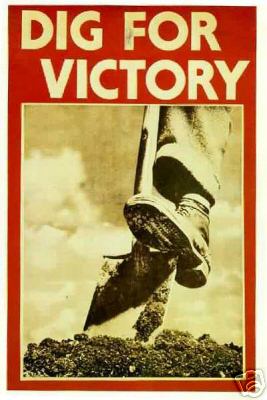 BACK TO HOMEFRONT DOCUMENTS AND BOOKS.
BACK TO HOMEFRONT DOCUMENTS AND BOOKS. |
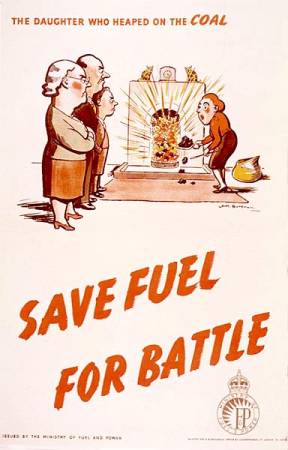
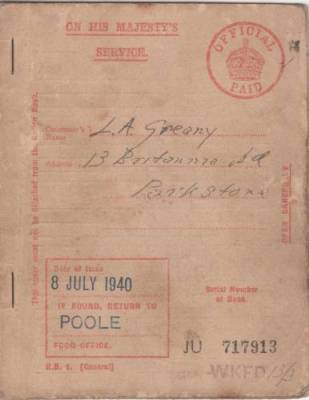
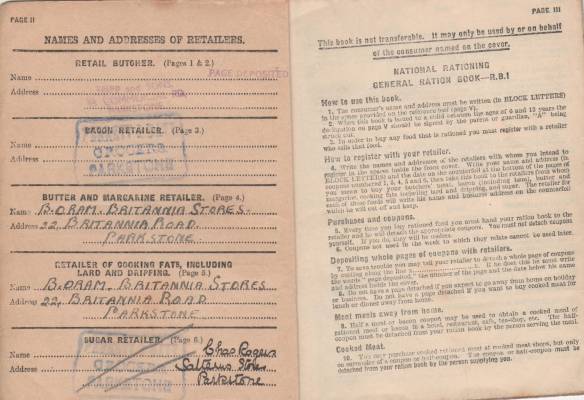
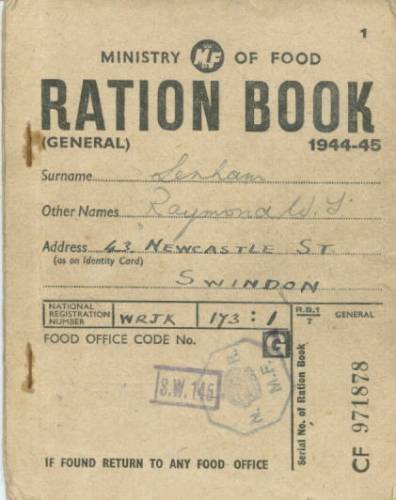
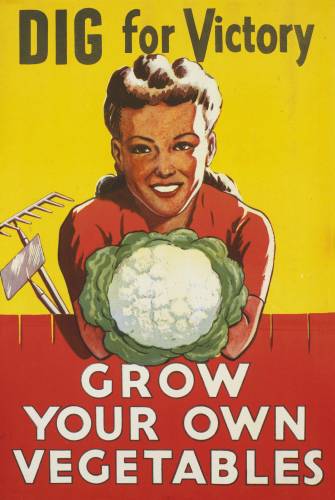
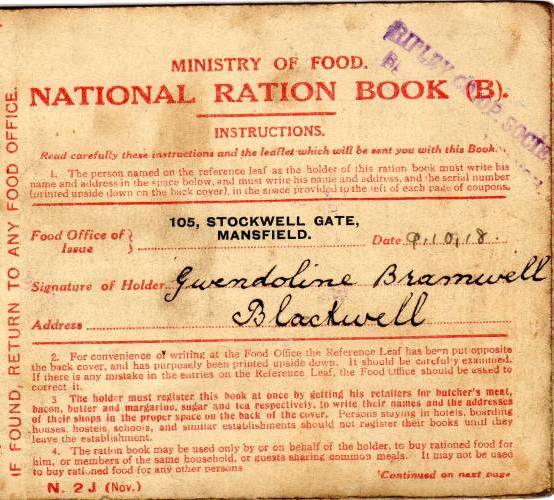
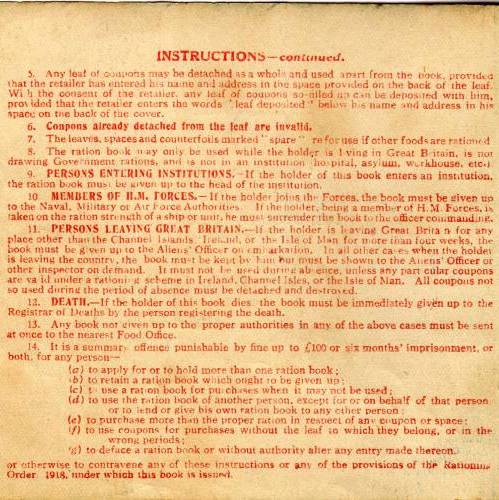
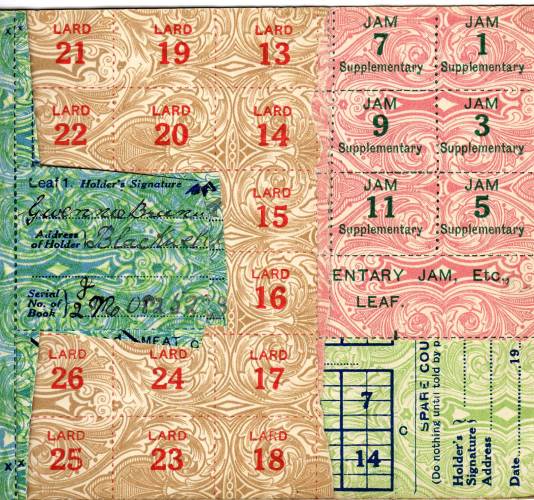
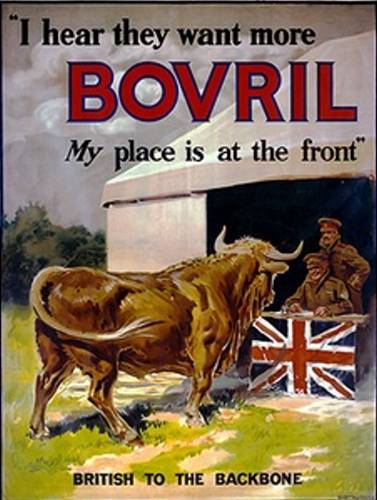
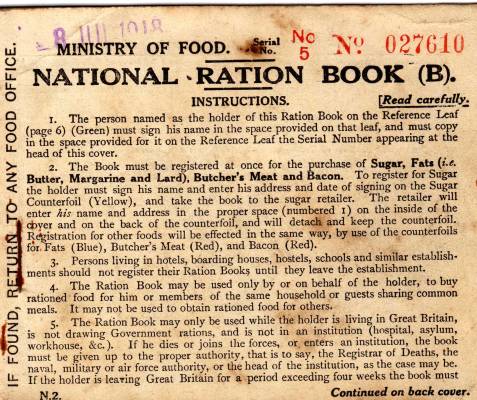
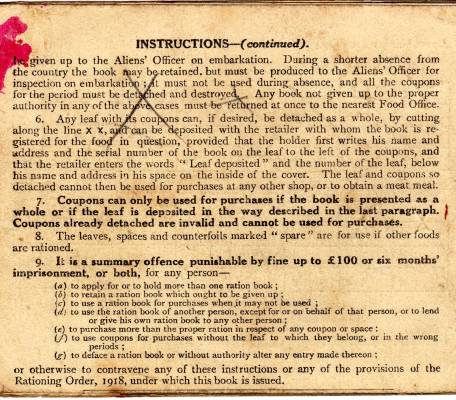
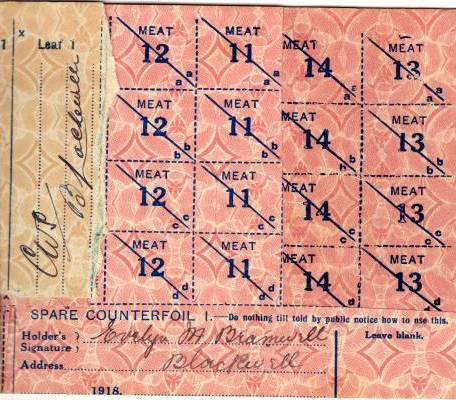
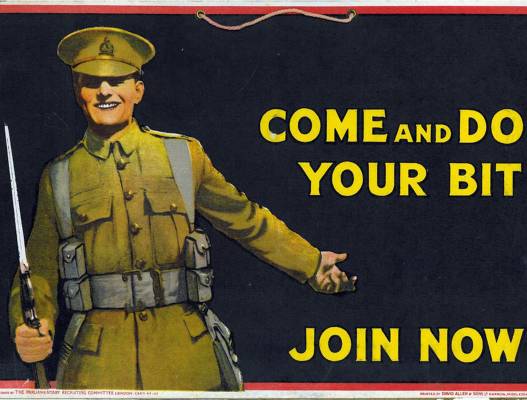
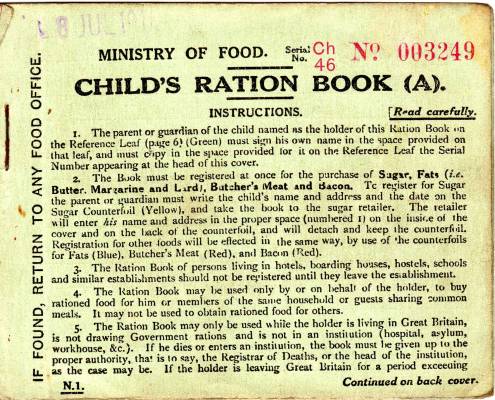
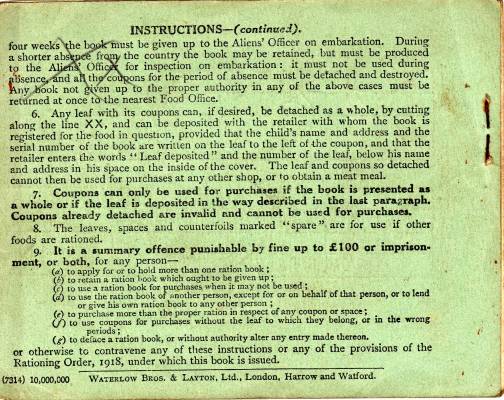
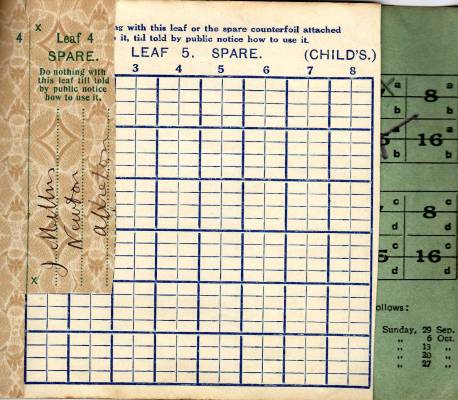
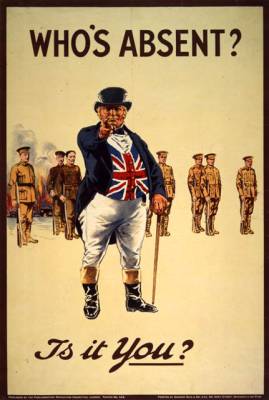

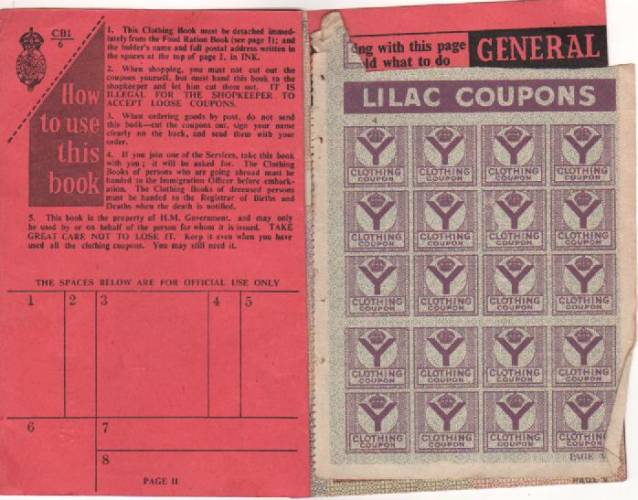
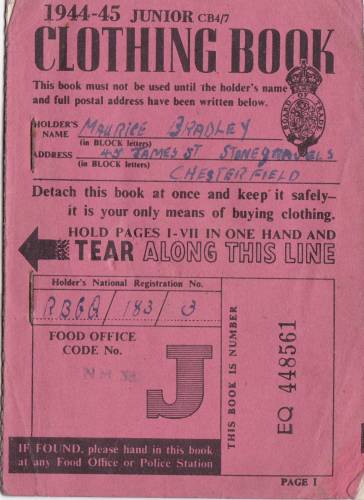




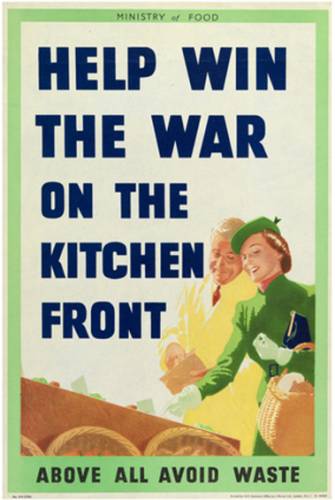
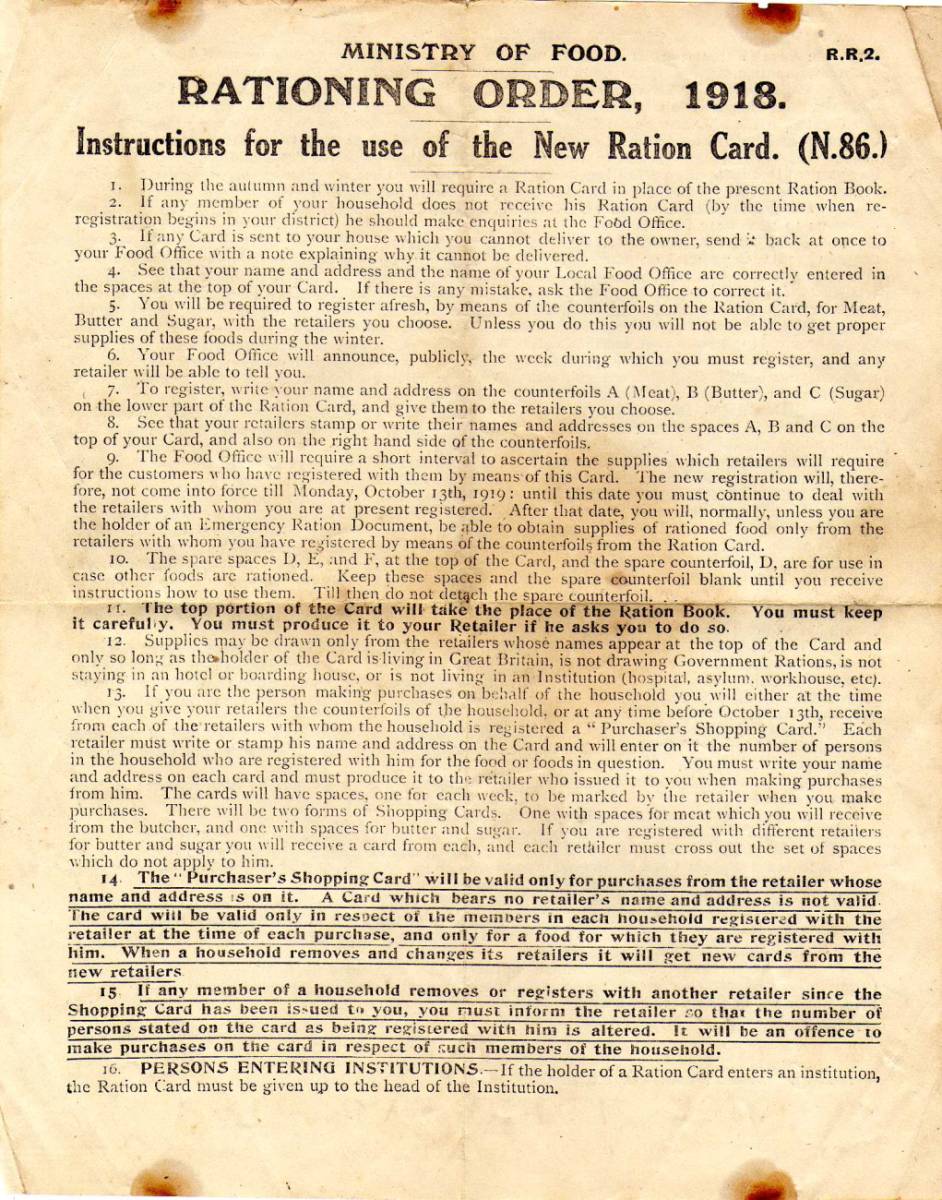
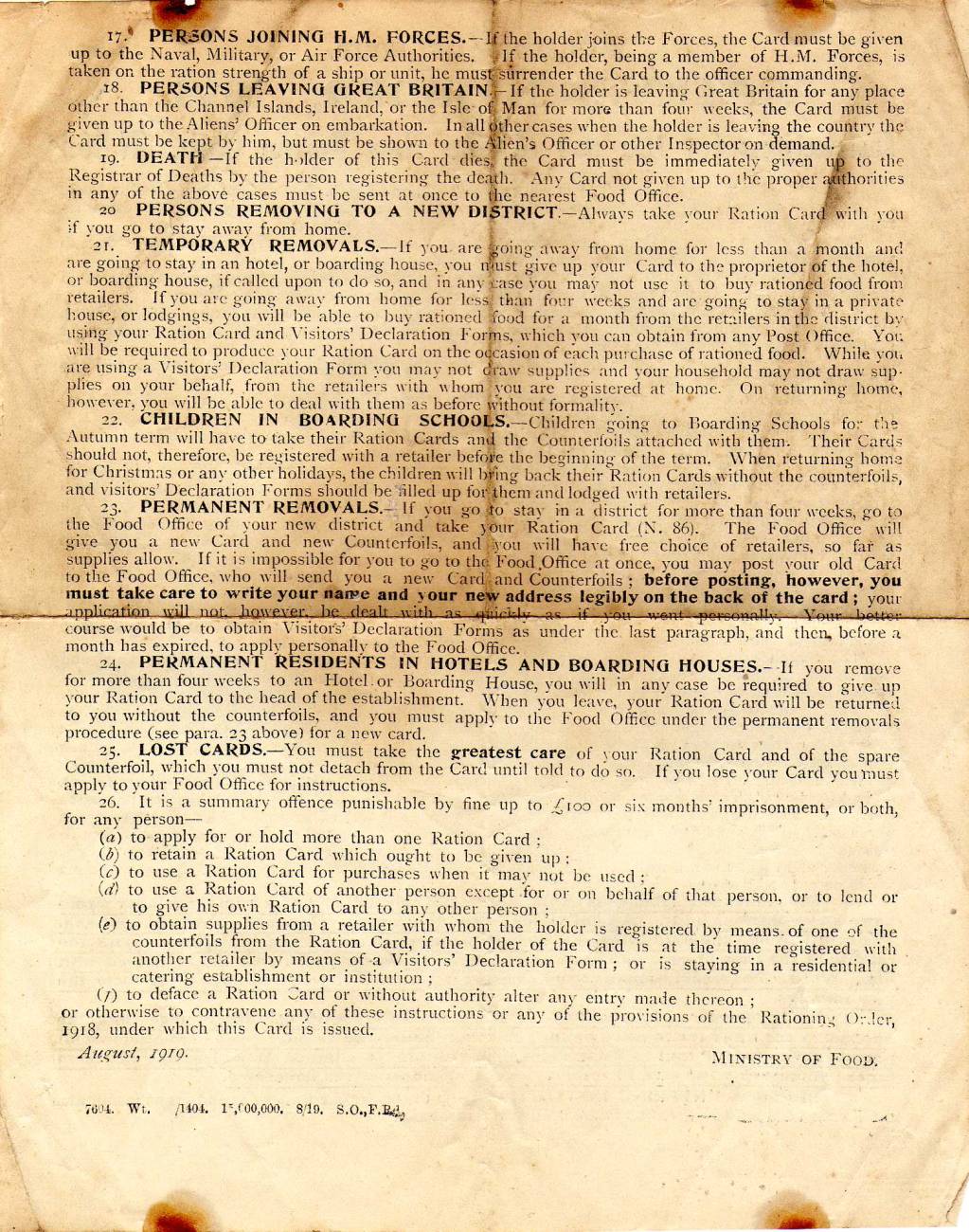
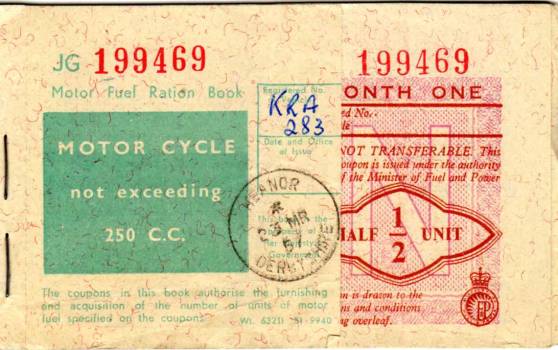
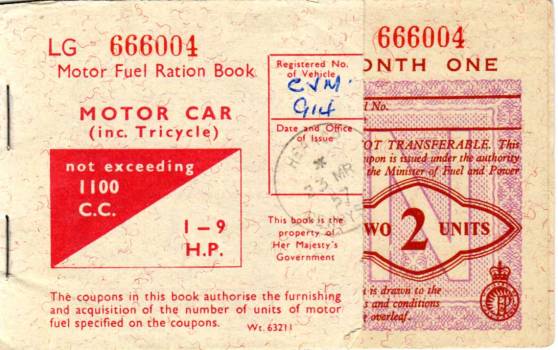
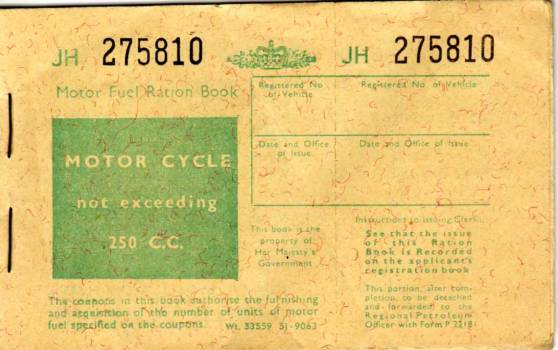
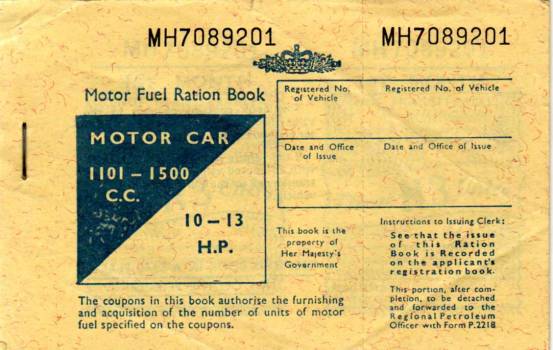
 BACK TO HOMEFRONT DOCUMENTS AND BOOKS.
BACK TO HOMEFRONT DOCUMENTS AND BOOKS.